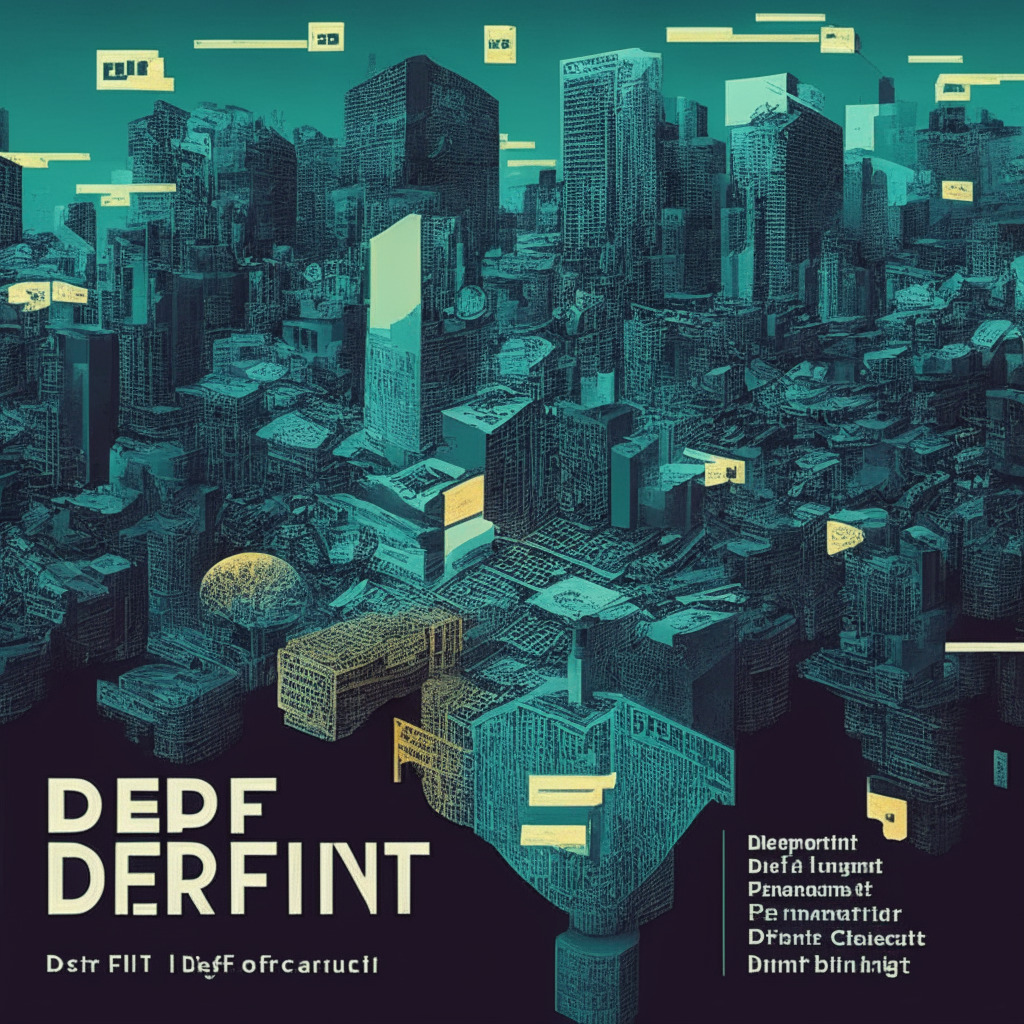The banking industry in the United States seems to be facing a myriad of challenges, with mismanagement, poor risk management, and other factors leading to a series of bank failures. Regional banks, in particular, are feeling the heat as they consolidate with larger banks in a frantic effort to stay afloat. While this trend might seem to indicate that the banking industry is in dire straits, it also opens the door to new opportunities for an industry-wide transformation.
Consolidation often comes with consequences, one of which is the reduction of options available for customers as a few large banks dominate the market. This monopolistic trend is likely to increase the cost of banking services, restrict access to credit, and thereby limit the ability of businesses and individuals to thrive.
But amidst this financial chaos, digital assets are emerging as a beacon of hope. These digital currencies provide a plethora of opportunities for the creation of a new financial system that could revolutionize the industry. Leading the charge in this revolution is the Bitcoin.com Wallet, offering a secure, non-custodial, and user-friendly gateway to Decentralized Finance (DeFi). With access to DeFi protocols, users can engage in various financial activities such as decentralized lending, borrowing, staking, and trading – all without the need for intermediaries.
Traditional banks often act as middlemen, charging fees, causing delays, and restricting access for specific individuals or communities. Digital assets and decentralized finance return the power to the individual, providing them with the necessary tools to control their own assets without being dependent on banking institutions.
Moreover, digital currencies could potentially pave the way for seamless cross-border transactions and peer-to-peer lending, thus reducing the need for traditional banks. Blockchain technology, which underpins digital assets, can provide unparalleled levels of transparency and security for financial transactions.
On the other hand, not all banks welcome the emergence of digital assets and may pose resistance to their adoption. This could prove challenging for those desirous of reaping the benefits of these transformative technologies.
In conclusion, while the consolidation of regional banks with larger ones is a worrisome trend in the banking sector, the rise of digital assets and decentralized finance presents opportunities for a new financial system that champions access, inclusivity, and self-autonomy. The days of the traditional banking system dominating the financial landscape may be numbered, as digital currencies and DeFi usher in a new era of financial empowerment.
Source: news.bitcoin.com




